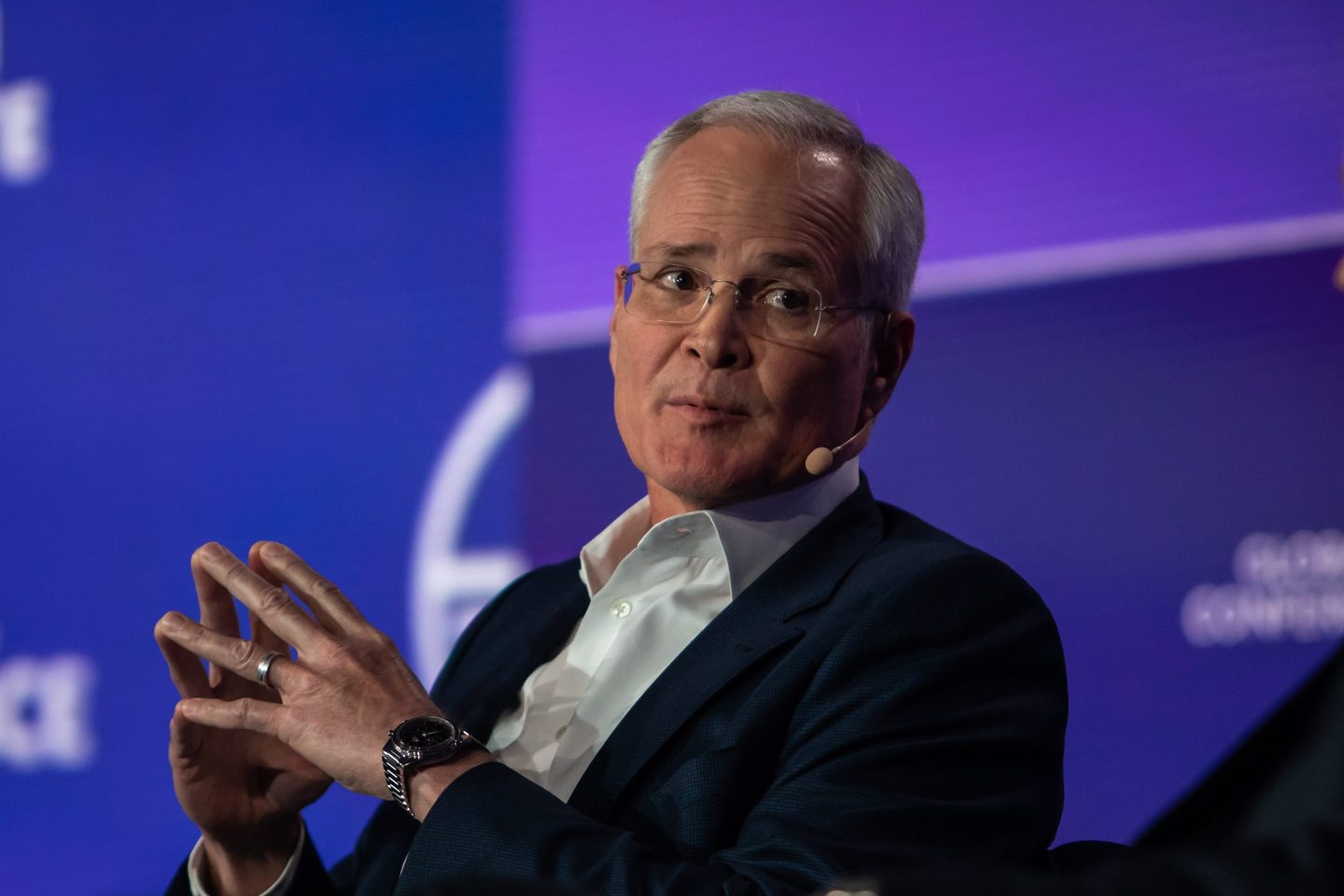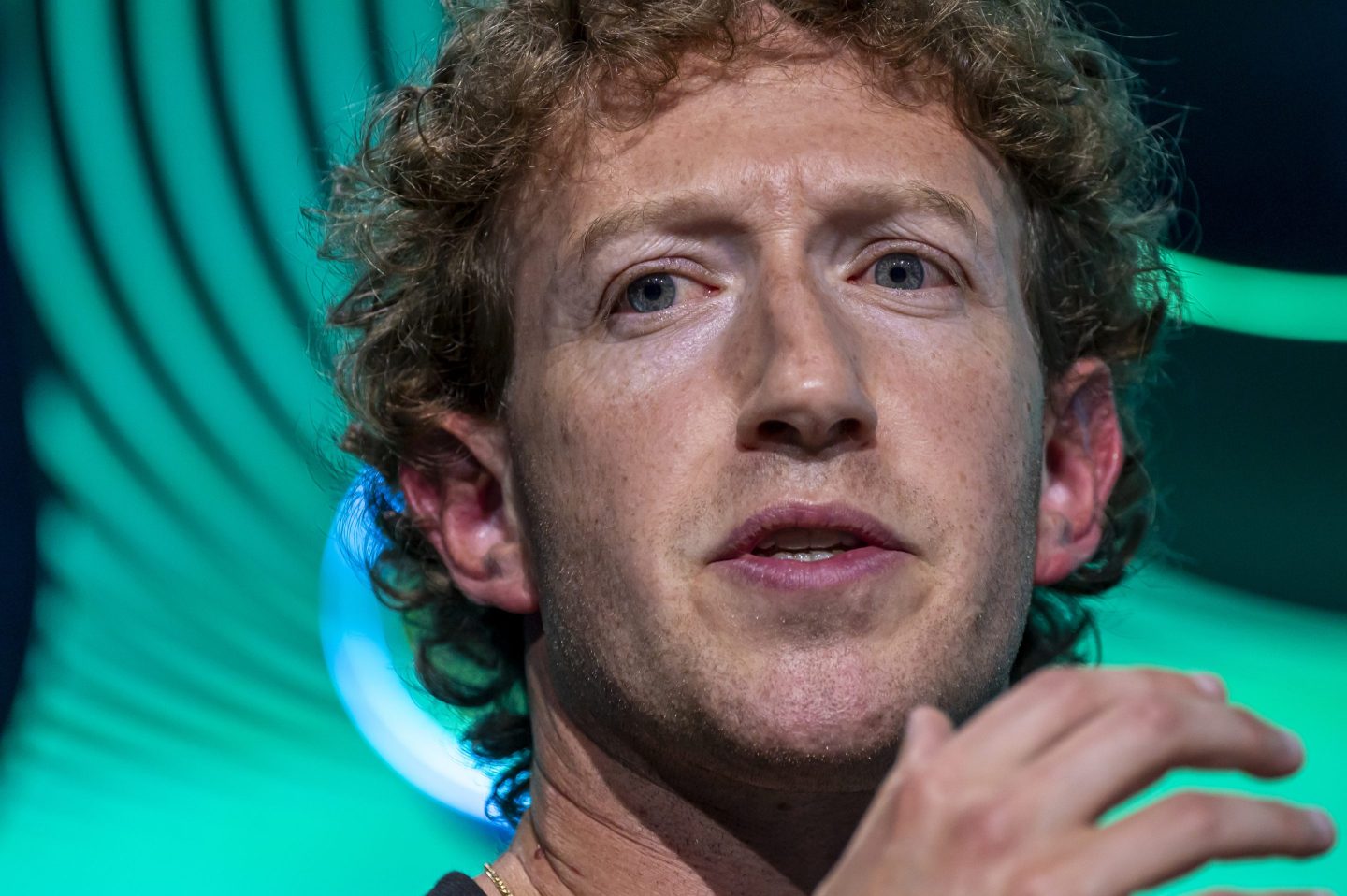Do you want Millennials, the largest generation, to be your loyal customers? Is your business subject to potential disruption? If you answered No to both questions, please alert me; you may be the only business person who did. But if you answered Yes to one or both, please check out this new Fortune article, published today, “Brokers and Advisers Fight For Millennials’ Money.” While it’s about financial services, it holds lessons for leaders in every business.
The financial services industry is a nearly perfect case study. Its product is pure, digitizable data, unless you figure the industry is also selling personal counseling and relationships. But those may not mean as much to Millennials as to older generations. The industry is dominated by big, old incumbent firms, exactly the kind that get blindsided by unheard-of upstarts with new business models. The market opportunity includes practically everyone in developed economies and billions more in emerging economies. And members of the largest generation are hungering for a better way to manage money just as they’re starting to accumulate some.
This generation that’s filled with promise is starkly different from the Boomer customers whom financial services firms understand best. Millennials were traumatized by the financial crisis and also by the dot-com bust if they remember it. Many of them trust no one on money matters. They may actually prefer a robo-adviser to a human adviser. They see no reason to be loyal. They demand total transparency on fees; many are still furious about the whopping fees they incurred on their first debit cards, issued by the same firms that now want to handle their finances. They must be able to do everything from their phones.
The incumbent firms know they face a giant challenge. BlackRock, the world’s largest asset manager, recently bought FutureAdvisor, an online investment firm that uses algorithms to advise clients. It was started by Bo Lu, 32, after a traditional adviser declined to take him as a client. The other dominant firms, including Vanguard, Fidelity, and Charles Schwab, have all developed new-model digital offerings.
Will Millennials embrace them? Or will they prefer new competitors like the robo-advising brokerage Betterment? It manages $3 billion for 120,000 clients, two-thirds of whom are Millennials. Founder Jon Stein, 36, says, “We have lower costs, we give better advice, we have a better user experience. Why would you go to Walmart to buy something if you can buy it cheaper and faster with Amazon’s instant delivery?” Or maybe they’ll like RobinHood, launched in 2013 by former Stanford roommates Vladimir Tenev and Baiju Bhatt. As our article says, “customers can download the app and register a new account in about five minutes, and easy-to-read buttons and menus make trading relatively frictionless…. In two years, customers have made trades worth more than $2 billion via their app. The average age of a Robinhood customer is 28, and a quarter of them come in as first-time traders, says Tenev (who is himself 28).”
The leading incumbent firms in financial services are so massive that they seem truly invulnerable. But then that’s what they all say. This is an industry for everyone to watch.
You can share Power Sheet with friends and followers here.
What We're Reading Today
Ryan declares spending deal reached
House Speaker Paul Ryan informed Republican lawmakers that congressional leaders and the White House had agreed on a 2016 budget, avoiding a government shutdown that could have started this week. The $1.1-trillion deal will lift a 40-year ban on exporting U.S. crude oil, increase domestic and defense spending, and delay some taxes meant to fund Obamacare. President Barack Obama has opposed lifting the oil ban. ABC News
Irene Rosenfeld and her activist investors
For the Mondelez International CEO, calls from activist investors Nelson Peltz and Bill Ackman to discuss what a daughter is eating at Halloween or whether to change advertising plans has become the norm. But it's not activity that Rosenfeld is fond of, saying it consumes a quarter of her time. It's part of many CEOs' new world, in which activist investors take interest in day-to-day operations. WSJ
Fed meets to raise rates
In what has been anticipated for months, the Federal Reserve board today is widely expected to raise its benchmark interest rate from the zero-to-0.25% range to the 0.25%-to-0.50% range. Chairwoman Janet Yellen has warned for months that this day would come, in spite of low inflation, in order to give the Fed room to maneuver if the economy turns south again. Reuters
Sam's Club CEO's diversity efforts face backlash
Rosalind Brewer has become a strong voice in promoting efforts to recruit women and people of color as candidates for top jobs, but her views have provoked a backlash. After a video of her discussing the topic went viral, a number of Twitter users labeled her "anti-white." Fortune
Building a Better Leader
To host more effective meetings...
…try being the last to speak. You hear everyone's input before revealing your own views. Management Issues
The big problem with virtual offices...
...is that they ruin collaboration. That's why this CEO got rid of them. Fortune
Looking at Blackberry's rise and fall
The company was the leader in professional smartphones until it wasn't. What happened? It became a victim of its own success. Knowledge@Wharton
Republicans Debate
Trump and Bush battle over Muslim ban
Donald Trump defended his call for a temporary ban on Muslims entering the U.S., saying it's about security. Jeb Bush, when asked about previously calling Trump "unhinged," said, "Donald is great at the one-liners, but he’s a chaos candidate, and he’d be a chaos president." Trump responded that "nobody cares" what Bush thinks. Fortune
Cruz and Rubio target each other during the debate
As the No. 2 and No. 3 candidates try to differentiate themselves, Texas Sen. Ted Cruz and Florida Sen. Marco Rubio assailed one another directly. Rubio criticized Cruz for wanting to cut military spending, while Cruz said Rubio was twisting facts. The two share similar backgrounds and beliefs, making differentiation a challenge. NYT
No clear winner
No candidate stood out at the debate's end. A number of discussions ended in shouting and disruptions. Donald Trump remained defiant, Jeb Bush tried to find a spark for his campaign, while Ben Carson and Carly Fiorina did little to revive their faltering campaigns. Washington Post
Up or Out
CEO Warren East will reorganize Rolls-Royce into five smaller divisions. Tony Wood, president of the former aerospace division, and Lawrie Haynes, president of the former land & sea division, will leave the company. The Guardian
Padmasree Warrior, former chief technology and strategy officer at Cisco Systems, has become U.S. CEO and global chief development officer at Chinese electric car startup NextEV. Fortune
Deutsche Bank has hired Pascal Boillat as its CIO. WSJ
Dish Network has promoted CIO John Swieringa to executive VP of operations. Rob Dravenstott will succeed Swieringa as CIO. Seeking Alpha
Fortune Reads and Videos
Merger of Halliburton and Baker Hughes in doubt
Regulators believe it could reduce competition unacceptably but are willing to assess further proposals on how to make the deal work. Fortune
The expected Fed interest rate rise means...
...more volatility and higher credit card payments. But there are also upsides. Fortune
Kohl's to keep doors open for 170 straight hours
It's a sign that this year's holiday sales haven't been as jolly as last year's. Fortune
A true gateway into your emotions at work can be found...
...by your computer mouse. Fortune
Today's Quote
"In negotiations like this you win some, you lose some. Democrats won some, they lost some. We won some, we lost some." - House Majority Leader Paul Ryan announcing the spending deal, offering a moment of conciliation following the contentious negotiations. NBC News
Share Today's Power Sheet:
http://fortune.com/newsletter/powersheet/
| Produced by Ryan Derousseau | |
| @ryanderous | |
| powersheet@newsletters.fortune.com |













